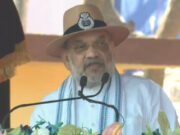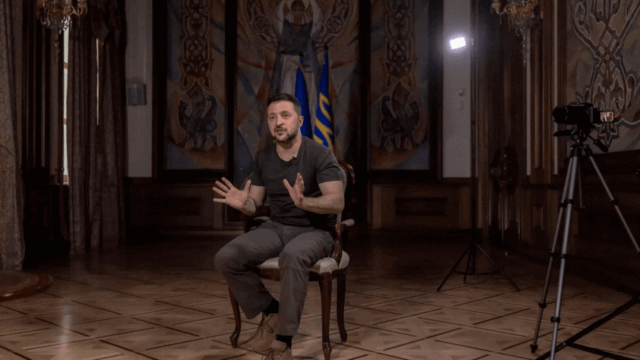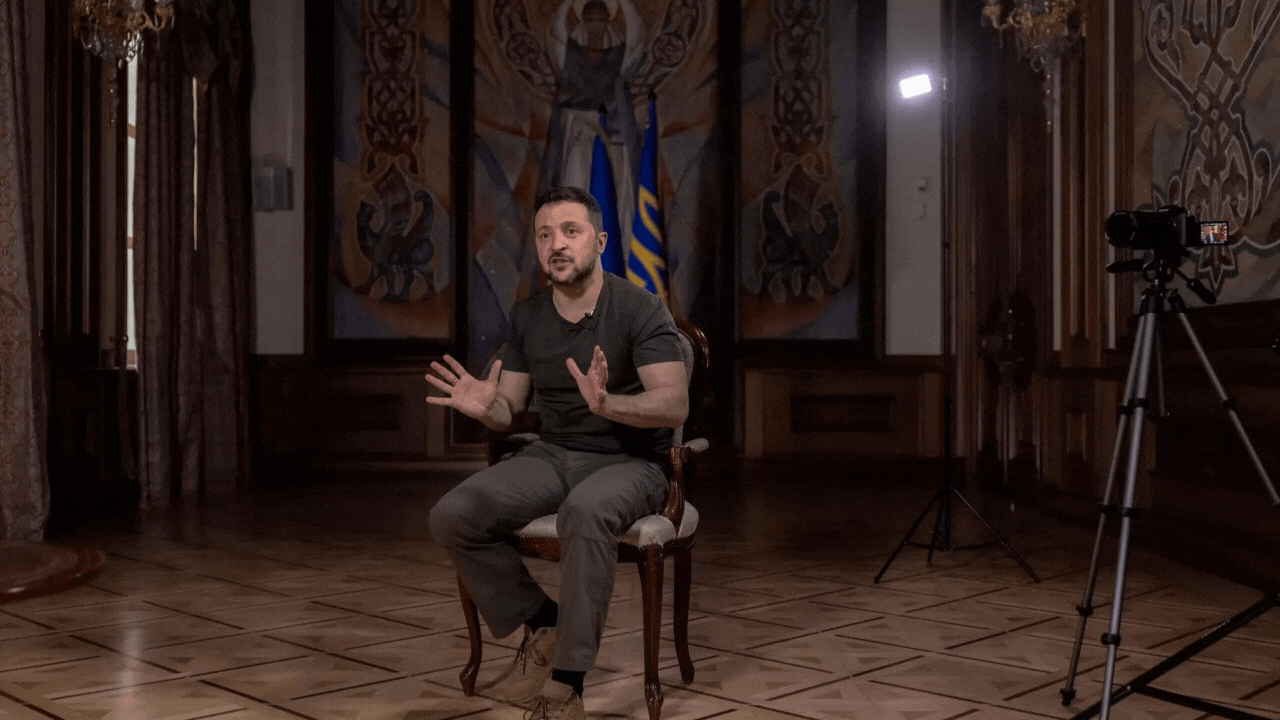KYIV: President Volodymyr Zelensky in an interview to AFP Friday said his army needed more men to boost the forces‘ morale, a rare acknowledgement from the Ukrainian leader.
Ukraine has ceded ground to Russian forces since late last year, partly due to manpower shortages that forced the government to pass a mobilisation law.
“We need to staff the reserves…A large number of (brigades) are empty,” Zelensky told AFP.
Many Ukrainian soldiers have been fighting for over two years without the possibility to be discharged.
With no end to the war in sight, the army is struggling to recruit, while fighters are growing exhausted and angry at the lack of rotation.
“We need to do this so that the guys have a normal rotation. Then their morale will be improved,” Zelensky told AFP.
“It is a matter of their physical strength and justice. This requires that reserves be prepared,” he continued.
The law passed by parliament comes into force Saturday.
It lowers the minimum age of mobilisation from 27 to 25 and streamlines mobilisation procedures.
But in a controversial twist, it scrapped a vital proposal that would have given soldiers serving for more than 36 months the possibility to be discharged.
Ukraine has ceded ground to Russian forces since late last year, partly due to manpower shortages that forced the government to pass a mobilisation law.
“We need to staff the reserves…A large number of (brigades) are empty,” Zelensky told AFP.
Many Ukrainian soldiers have been fighting for over two years without the possibility to be discharged.
With no end to the war in sight, the army is struggling to recruit, while fighters are growing exhausted and angry at the lack of rotation.
“We need to do this so that the guys have a normal rotation. Then their morale will be improved,” Zelensky told AFP.
“It is a matter of their physical strength and justice. This requires that reserves be prepared,” he continued.
The law passed by parliament comes into force Saturday.
It lowers the minimum age of mobilisation from 27 to 25 and streamlines mobilisation procedures.
But in a controversial twist, it scrapped a vital proposal that would have given soldiers serving for more than 36 months the possibility to be discharged.





































